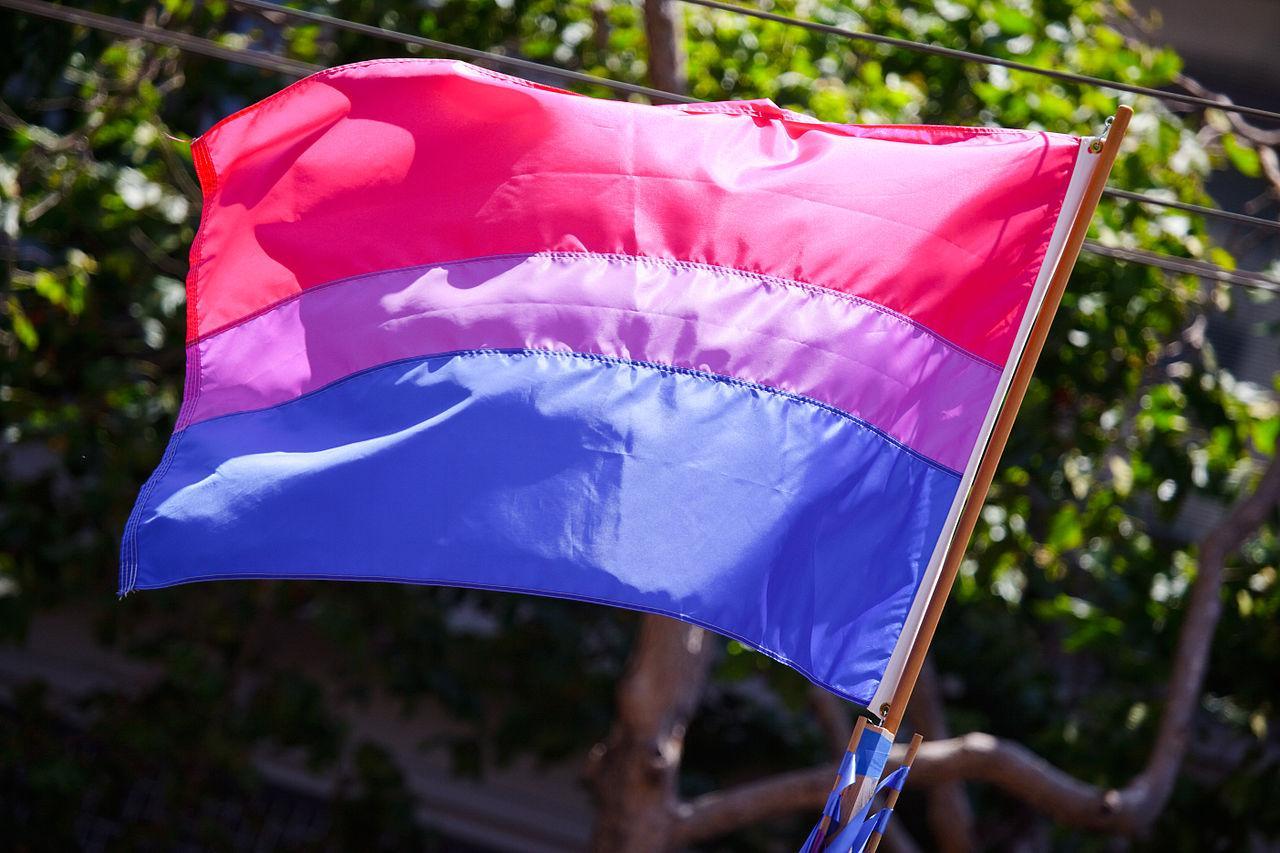Anti-same sex marriage campaigners accidentally copy bisexual pride flag
Coalition for Marriage selected blue, purple and pink as campaign colours

Your support helps us to tell the story
From reproductive rights to climate change to Big Tech, The Independent is on the ground when the story is developing. Whether it's investigating the financials of Elon Musk's pro-Trump PAC or producing our latest documentary, 'The A Word', which shines a light on the American women fighting for reproductive rights, we know how important it is to parse out the facts from the messaging.
At such a critical moment in US history, we need reporters on the ground. Your donation allows us to keep sending journalists to speak to both sides of the story.
The Independent is trusted by Americans across the entire political spectrum. And unlike many other quality news outlets, we choose not to lock Americans out of our reporting and analysis with paywalls. We believe quality journalism should be available to everyone, paid for by those who can afford it.
Your support makes all the difference.Supporters of LGBT equality have pointed out the logo chosen by a new Australian anti-same sex marriage campaign looks a lot like the bisexual pride flag.
The Coalition for Marriage, which consists of groups including the Marriage Alliance, the Australian Christian Lobby and the Christian Schools Association, is campaigning against equal marriage in the country.
It claims to give a voice to the “silent majority” and stand up for the “freedom of religion”.
Yet the group recently launched a campaign with a blue, purple and pink logo – the colours of the bisexual pride flag.
The flag, designed by activist Michael Page in 1998, was created to give the bisexual community its own symbol other than the gay pride rainbow flag.
Same-sex marriage is not legal in Australia, but recent surveys have shown an increase in support for marriage equality.
The University of Melbourne surveys the same 17,000 people each year for an annual report.
This year, it found 67 per cent of women and 59 per cent of men stated homosexual couples should have the same marriage, employment and parenting rights as heterosexual couples.
The Australian government recently called for a postal vote on whether gay and lesbian couples should be allowed to marry, which critics argue is a costly process that will not accurately assess public opinion.
Join our commenting forum
Join thought-provoking conversations, follow other Independent readers and see their replies
Comments